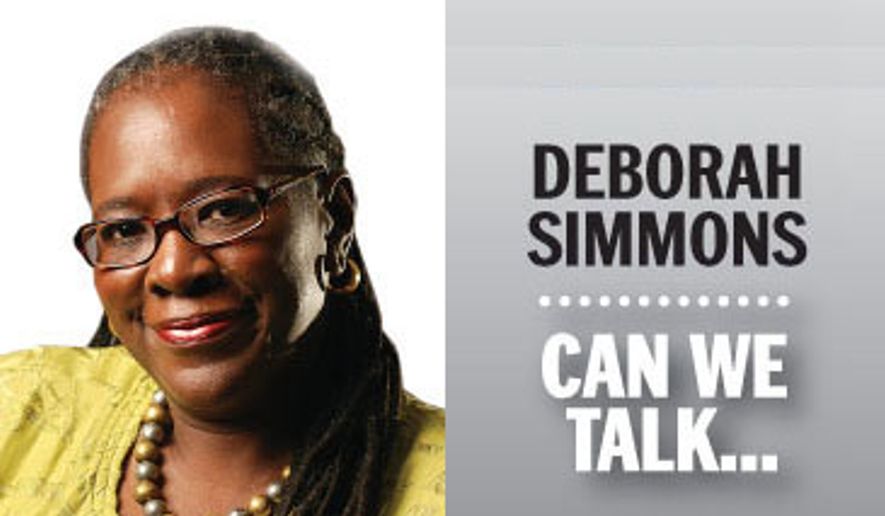Welcome to Martinsville, Virginia — NASCAR charter member and home of the Martinsville Speedway paper clip turn that clipped Jeff Gordon, and which Hall of Famer Wendell Scott called his hometown raceway.
The former “plug tobacco capital of the world,” Martinsville is hard by the glorious Smith River amid the majestic Blue Ridge Mountains. Trout fishing is one of its many claims to fame.
Opioid prescription capital of America is another.
That notoriety comes from the federal Centers for Disease Control and Prevention, whose new report lists Martinsville, population 13,821, as No. 1 among the top 10 overprescribing cities and counties per capita. Two other Virginia cities, Norton City and Galax, placed second and fourth, respectively.
Norton City in Southwest Virginia is the least-populous town in the Commonwealth, with 3,939 residents. It kisses Kentucky and Tennessee.
Galax, also in Southwest Virginia, has a population of 6,941 and is neighbors with North Carolina. The city also is bluegrass, fiddler and dulcimer territory. (Picture folksy Joni Mitchell strumming, plucking and striking an Appalachian dulcimer.)
The other jurisdictions rounding out the top 10 are all Southern but one — Utah’s Carbon County, population 21,403. County Sheriff Jeff Wood put the problem this way earlier this year: “Carbon County is No. 1 in the state of Utah for opioid abuse.”
The other towns with overprescribed opioids:
• Campbell, Tennessee, population 40,716.
• Walker, Alabama, population 67,023.
• Claiborne, Tennessee, population 31,592.
• Clay, Tennessee, population 7,765.
• Pickett, Tennessee, population 5,124.
• Wyoming, West Virginia, population 22,598.
The CDC cited a number of factors contributing to overprescribing opioids in the above-mentioned areas, including majority-white residents, higher unemployment rates, a greater concentration of dentists and doctors and higher rates of disability and diabetes.
For example, Martinsville lost the title “plug tobacco capital of the world.” The antismoking forces saw to that and plumb near tried to wipe the tobacco industry out of Virginia altogether. Virginia still ranks No. 3 among U.S. producers, though.
Dr. Feelgood, however, packs the real punch in Martinsville, and not just in per-capita prescriptions.
In May, a dozen women and men were indicted and arrested in a federal-state-local sting operation. Most of the dirty dozen lived in Martinsville, and most of the charges stemmed from the sale and possession of oxycodone, hydrocodone, heroin and alprazolam (Xanax).
Lawmakers and health care experts are slicing the opioid-abuse pie either into too many pieces or not enough.
Indeed, on the decriminalization front, they are establishing special court programs, treatment programs and needle-exchange programs. Unfortunately, they also are considering opioid abuse “safe spaces.”
On the keep-abusers-alive front, they are dispensing Narcan and naloxone to reverse overdoses and stem fatalities.
On the idiot-test front, they promise to throw the book at opioid abuse enablers — even if that means pouncing on doctors’ and dentists’ desks and waving copies of the Hippocratic oath in physicians’ faces.
Virginia is even moving toward an online-only prescription drug policy that is scheduled to take effect in 2020.
Opioid abusers are sick. They need medical care, not governors or other pols who see nothing but a way to victory in the next election.
Poor Martinsville. Trout fishing and canoeing, hiking and camping amid the Blue Ridge Mountains helped the Commonwealth earn the motto “Virginia Is for Lovers.”
If the families and faith leaders in and around Martinsville don’t dig their own heels, “Opioid Prescription Capital” will succeed in scaring folks away (even from NASCAR and the Martinsville Speedway, which should have a huge 70th birthday celebration next year).
• Deborah Simmons can be contacted at dsimmons@washingtontimes.com.
• Deborah Simmons can be reached at dsimmons@washingtontimes.com.




Please read our comment policy before commenting.